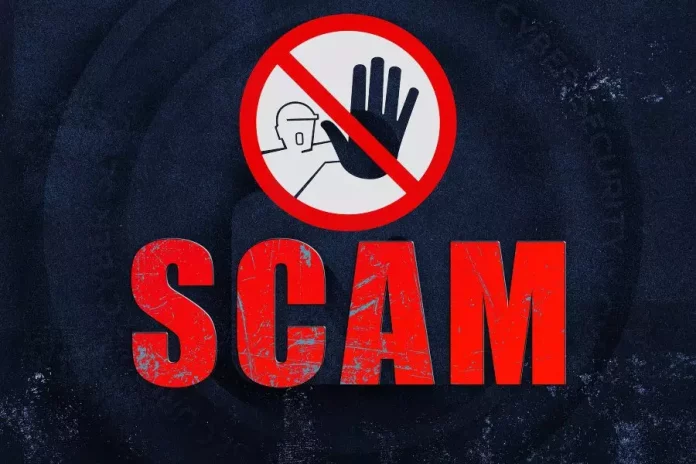In 2021, the hit Netflix TV series, Squid Game, took over the entertainment world and the internet. The Korean series became one of the most viewed Netflix shows. That same year the Squid Game cryptocurrency –Squid Coin – came out. At the back of the show’s success, most people joined the hype and started buying this new crypto.
Soon enough, however, people realized that the Squid Coin was nothing but a well-executed crypto scam. Creators of the coin made over $3 million and fled the scene. The coin’s value plummeted from around $3,000 per coin to $0 within five minutes.
You can always reach out to a scam recovery service or company to help get your money back. They can help recover your lost funds and show you how to avoid cryptocurrency scams in the future. They will further advise you to educate yourself about ways crypto scammers can target you these days. Today, we’ll explore four ways scammers use social media to scam you. Knowing about these scams will help you avoid them in the future.
#1 Giveaway Scams
Everybody would like to get free money or crypto. That’s why a giveaway scam is the easiest way to trick most people on the internet. Scammers promise a sum or crypto double or triple the amount you pay them. Not knowing any better, people will fall for it and invest money into the scam.
Scammers impersonate major brands or celebrities and promote giveaways. They usually promise an absurd return for a minor investment. However, the moment you send them the money or crypto, it’s gone forever.
However, not all absurd giveaway posts are scams, like when Chipotle hosted a Bitcoin giveaway. The best way to tell them apart is by doing some research. A simple Google search with results from trustworthy sites like CNN, BBC, or The Washington Post should help make things crystal clear. Keep an eye on Twitter accounts talking about the giveaway so that you can know whether it’s a scam or not. Make sure the Twitter account wasn’t created to facilitate scams.
#2 Hacked Verified Accounts
In 2020, high-profile Twitter accounts, like those of Barack Obama, Bill Gates, and Elon Musk, Tweeted about a crypto giveaway. For whatever amount of Bitcoin they would receive, they would return twice that amount to the original sender.
All of these Tweets came from verified profiles, so nobody bothered to doubt them. However, people later found out that all those accounts were hacked. Those who had sent Bitcoins to the account mentioned in the Tweet had all lost their money.
Whenever you come across such a scenario, it’s always best to wait and receive confirmation from reputed news sources. Also, such high-profile personalities would not do something like this suddenly. They would first announce it through a news outlet and then proceed to do so. That’s why, even if it’s a verified profile, don’t trust such Tweets without further evidence.
#3 Celebrities Endorsing New Crypto
The Squid Coin scam was just a case of people trying to join a hype, thinking that it would become big at some point. That’s something celebrities are trying to capitalize on these days.
Every once in a while, a celebrity or an influencer will announce that they are partnering with a cryptocurrency or NFT. After endorsing that crypto or NFT, they will ask their loyal fans to join the hype. Such cryptos or NFTs don’t last long, as we’ve seen repeatedly. In a way, your favorite internet icons and celebrities are profiting off of you by scamming you.
Don’t trust your icons to the point where you’ll end up spending a lot of money on the products they endorse. They would think twice before endorsing these cryptos and NFTs if they cared about you.
#4 Sponsored Posts On Social Media
Facebook does very little to monitor scam posts on its platform. That’s why you’ll see random pages with hardly any likes announcing giveaways and free cryptos. All of these are sponsored posts. Facebook hardly cares about the posts themselves. Even when they catch the culprits, it’s already too late by then.
So, before you click on these posts, check whether or not it’s sponsored. Never trust these posts, even if they are from verified pages.
That’s all for today. Lastly, we want you to know that no one will give you anything for free. Thus, think thrice before investing money in crypto via some social media link.












